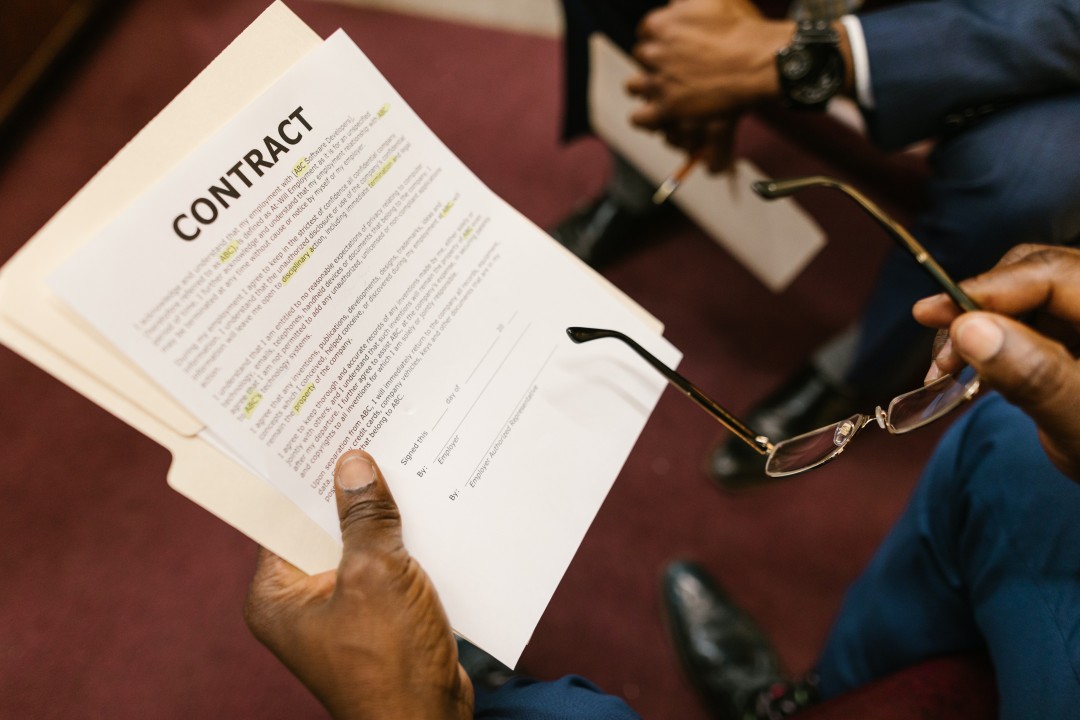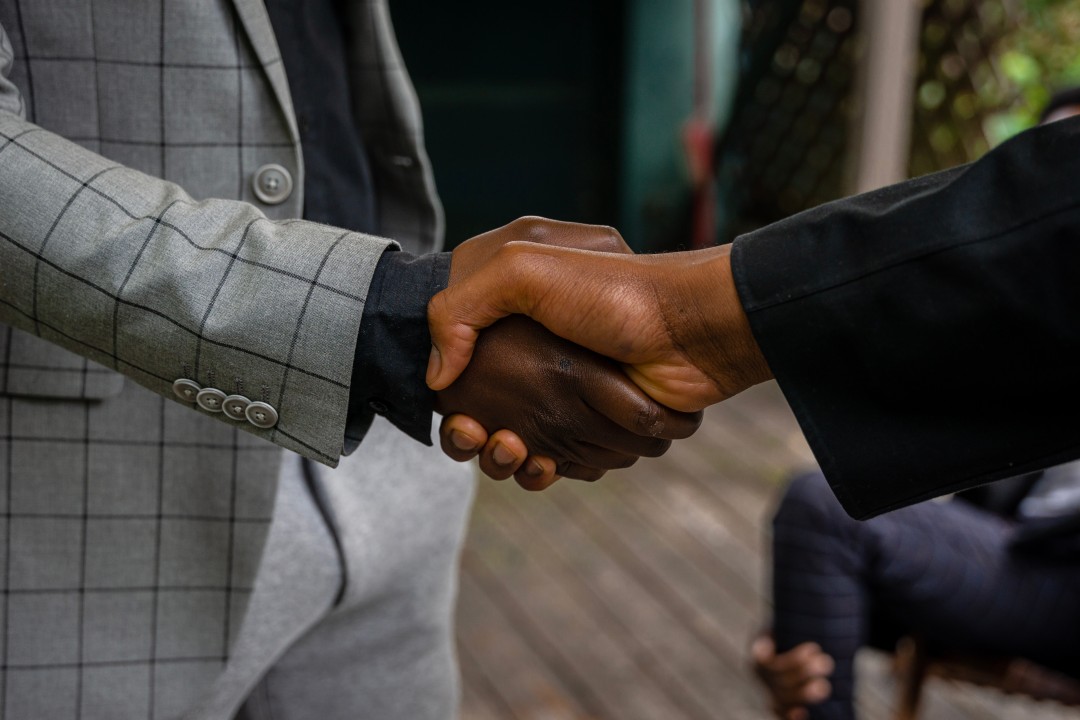Elizabeth Olson – Special Correspondent
Aug. 16, 2019
- Four law schools team up to tackle solutions to human trafficking
- Sex and forced labor trafficking exists in all 50 states
Harvard and three other law schools aim to devise legal and policy solutions to combat human trafficking and help victims.
Students in law, social work, public policy and public health will take part in the project that kicks off next week.
“We selected human trafficking for this project because it reaches across so many different systems in our society,” said Stacy R. Butler, director of the University of Arizona law school’s Innovation for Justice Program.
Duke and the University of San Diego are the other two law schools participating.
More than a dozen law schools, including three in this project, have legal innovation, or design, labs that tackle systemic societal issues by incorporating fact-finding with legal, or policy, solutions. Housing and mass incarceration are areas labs have focused on in the past.
The first step for Arizona Law students is a workshop in Tucson to gather information from law enforcement, social services, prosecutors and others who encounter trafficking victims.
Arizona students also will collaborate with University of San Diego students to engage with victims and those who work with victims.
Duke students will build on those findings, including by holding a workshop early next year to hear from victims and those who work with them.
North Carolina, where Duke is located, and Arizona are in the top 10 states with high rates of human trafficking, according to data from the National Human Trafficking Hotline.
Next spring, the three schools will share their findings with students at Harvard Law School’s Systemic Justice Project, where students can study the findings and come up with policy-level changes targeting the needs of human trafficking victims.
“Student teams will then come up with specific proposals or it can be something broader, depending on the findings,” said Jacob Lipton, program director of the Systemic Justice Project.
To contact the reporters on this story:
Elizabeth Olson in Washington at [email protected]
To contact the editors responsible for this story:
Rebekah Mintzer at [email protected];
Jessie Kokrda Kamens at [email protected]



